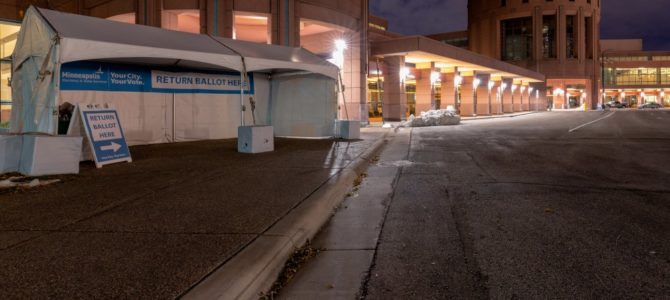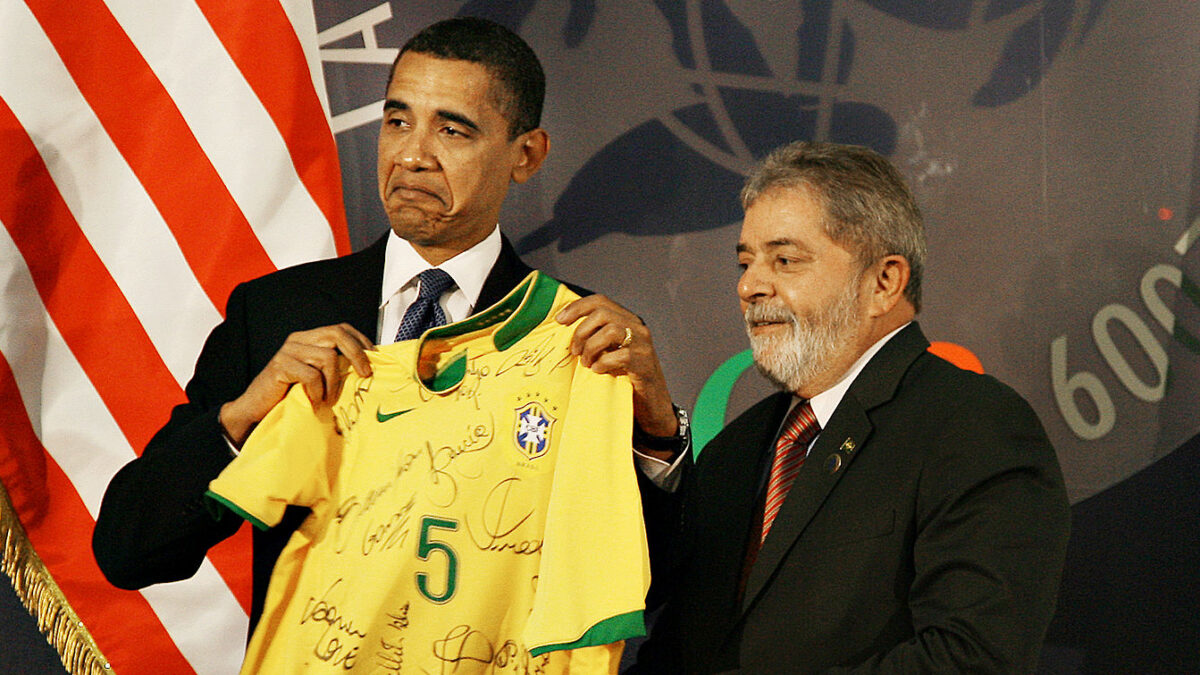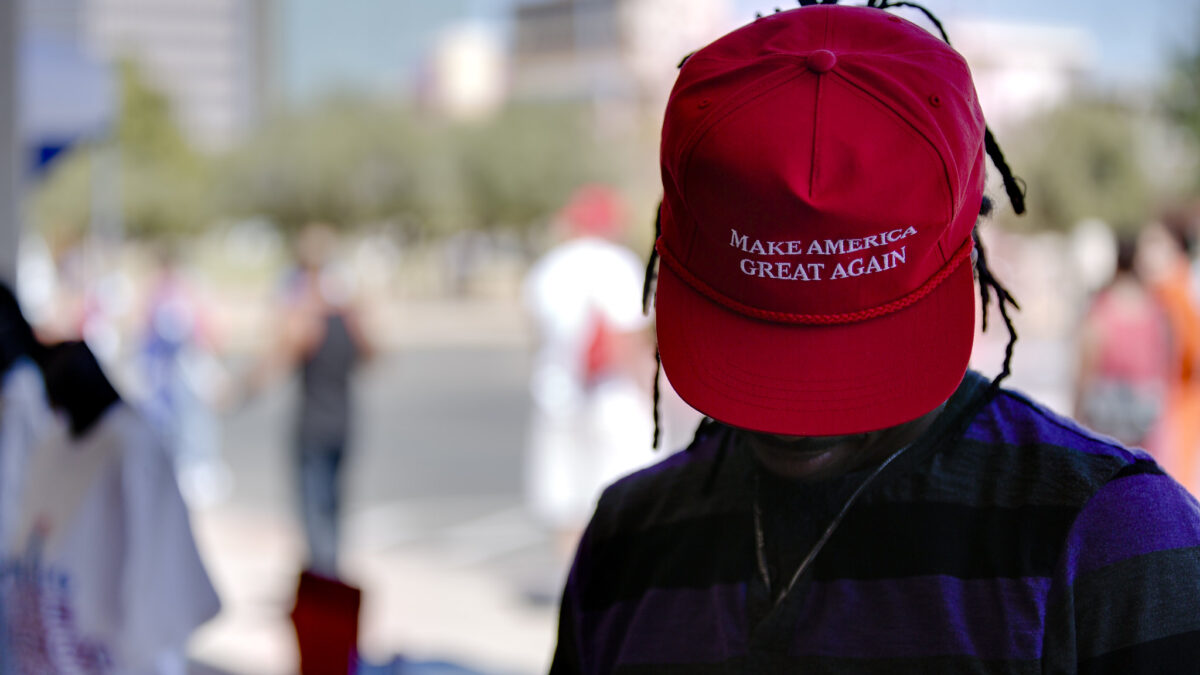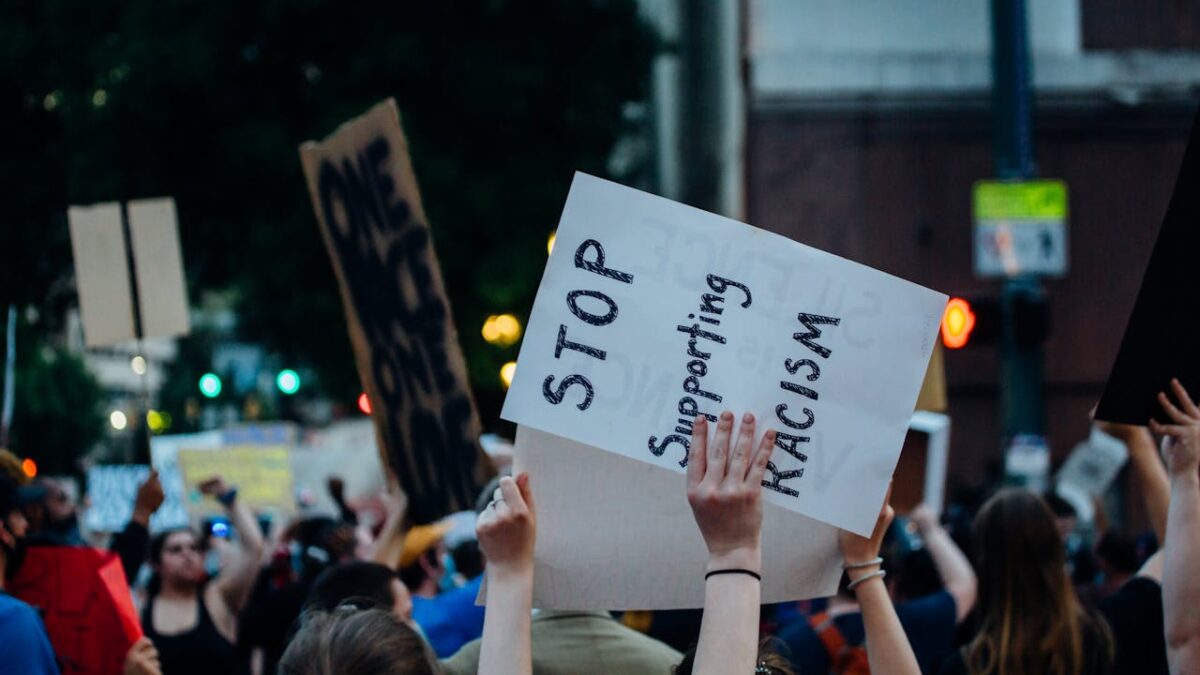
How rights are viewed—individual or collective—explains today’s sharp disagreement over the rules for running elections, both in Congress and in states considering election integrity bills.
Democrats—specifically the dominant extremist variety—view rights through the collective lens of race. Critical race theory (CRT), based in Marxism, is essential to understanding their objectives. CRT holds that personage is irrelevant and the immutable trait of race is paramount.
Thus, by definition, all politics are “identity politics,” as declared by University of California at Berkeley School of Law professors Ian Haney-Lopez and Cheryl I. Harris, the co-founders of critical race studies at UCLA School of Law, during a roundtable last October on CRT and the 2020 election.
To The Left, Some Voters Are More Equal than Others
Writing for the Washington Monthly in February, David Adkins was more direct, writing that Republicans’ “obsession with new voter suppression laws to fix a ‘voter fraud’ problem that does not exist” amount to “new Jim Crow laws” in service of “the party of white Christian Identity.” Further, he claims all the party of “white supremacy, Bible-thumping prejudice and misogyny” has left “is opposition, voter suppression and judges.”
The late Fordham Law professor Terry Smith argued in his book, “Whitelash: Unmasking White Grievance at the Ballot Box” that the Electoral College and the U.S. Senate needed to be changed to make them more democratic. Smith claimed evidence of racial voting behavior in the 2016 presidential election—the election immediately following Barack Obama’s two election victories. He then suggested courts could be enlisted to determine when voters were improperly biased by race and then impose remedies, of the kind one supposes would “fix” the “wrong” election results.
Because leftists hold the system to be inherently racist, then anything is justified in achieving equal outcomes to make amends for past sins and current systemic racism. Under this imperative, elections—and voting—are merely means to an end: redistributing wealth and power from the haves to the have-nots. A secret ballot cast in the privacy of the voting booth is an anachronism, and measures to make election fraud difficult are denounced as voter suppression.
In its ideal world, today’s left would conduct a census rather than hold an election.
Voting As a Group Right, Not an Individual Right
The bitter historical irony here is that John C. Calhoun, the congressman, senator, and vice president who was an ardent supporter of slavery, would agree with the idea of race determining political outcomes. His theory of concurrent majorities was adopted by CRT adherents and their proto-founders decades ago. Majorities within identifiable groups determine a concurrent majority—the operative word here being “groups.”
Recall President Bill Clinton’s failed nomination of Lani Guinier to be assistant attorney general for civil rights in 1993. Guinier specifically took issue with the concept of voting as an individual right, not a group right. Her views are now mainstream among Democratic Party leadership.
This core belief renders compromise on the conduct of elections impossible because too many Democrats believe elections must serve the purpose of rectifying racism rather than merely serving as a vehicle for public choice in representation. In this construct, elections aren’t even partisan; rather, they’re racial. Elections, therefore, must have a predetermined result—they must bend the arc of history towards racial justice (as continuously redefined by the Vanguard of the Woke).
Those defending the traditional American view of elections—free, open, and by secret ballot—often appear to be at a disadvantage for two reasons: they don’t recognize the nature of the opposition, and they are only sporadically illuminated by first principles. As a result, too frequently their arguments often devolve into partisan instinct relying on ossified talking points. This can play into the CRT opposition’s “voter suppression” claims.
Election integrity measures, correctly crafted, strengthen the moral foundation of an individual citizen’s free vote—the sacred civic act of casting a secret ballot representing the voter’s own choice undiluted by fraud, unburdened by coercion, and unbound by racial predeterminism.
Destroying the Secret Ballot
The effort to tear down traditional voting protections in service of group identity politics long predates COVID-19. In 2016 and 2017, the California legislature passed two bills that ended the state’s historical resistance to ballot trafficking.
Operatives could now be paid, by the ballot, to go door-to-door and to convalescent homes to collect votes. The method was labor intensive, and it frequently employed battalions of union activists, with the radical Service Employees International Union in the forefront.
Ballot traffickers would visit the homes of first-time voters and pressure them into requesting a mail-in ballot. The ballot traffickers would then return to the residence when the ballot was mailed out and keep returning until they secured the ballot or, if the registered voter was unmotivated to cast a ballot, “help” them vote.
Of course, voting on the kitchen table while a ballot trafficker hovers over your shoulder is hardly casting a secret ballot—but that’s not the point. Winning. That’s the point.
In this, California’s election alterations turned its voting process into something akin to a union card check election, with 22 million voters subject to pressure from union organizers. The 2018 election in California validated the weakened election code, with Democrats outperforming the national returns, picking up three seats in the state Senate, five in the state Assembly, and seven seats in the U.S. House of Representatives.
Painfully learning their lessons, Republicans fought back in 2020, reclaiming four of the seven congressional seats previously lost by deploying ballot drop boxes in front of churches and gun shows.
Dear Republicans: Don’t Do What California Did
Unlike in California, Texas asks for a government-issued photo ID to vote in person. There is no such safeguard when voting by mail, which is why Texas election law has sought to limit voting by mail to those 65 and older, the disabled, and those out of their home county during an election.
Texas tightened its rules against paid ballot trafficking in 2017 (I testified for the bill). Even so, in the 2018 election cycle, the use of mail-in ballots expanded significantly as Sen. Ted Cruz fought off Rep. Beto O’Rourke’s $80 million challenge (backed by millions more poured into the Lone Star State in the perennial effort to turn Texas blue). Statistical evidence suggests campaign operatives and independent groups greatly expanded the use of mail-in ballots—even to the point of violating election law restrictions—to aid in the effort to beat Cruz.
In this, the 2018 Texas mail-in ballot effort saw the statewide partisan deployment of what previously had been routinely used to enable mere garden-variety local corruption. Techniques corrupt political machines used to harvest the votes of seniors and the poor were now being tested with a broader demographic in a wider geographic area.
This makes perfect sense when we consider that the CRT-informed left views voting as a collective right. They believe seniors, the infirm, and minorities would vote a certain way—if they knew what was best for them. As a result, when a ballot trafficker, working on behalf of the collective, “helps” someone to vote the right way, he is performing a righteous task.
As with Georgia, Texas is actively considering legislation to secure its elections, reducing the opportunity for fraud. Some form of voter ID for mail-in ballots should be part of this effort, as is now required in six other states.
As a final note about mail-in ballots that also illuminates the moment. For more than two decades The New York Times warned of the vulnerability of mail-in ballots to fraud—until it was no longer useful to do so in 2020.
What Is at Stake?
At the federal level, H.R. 1 passed the House of Representatives on a vote of 220 to 210 on March 3. It awaits an uncertain fate in the U.S. Senate. The bill would impose California standards on all federal elections nationwide.
“California standards” in this context essentially mean no standards: no verification of voter eligibility, no effective voter identification, no proper maintenance of voter lists, and a significant expansion of voting by mail—the form of voting most vulnerable to fraud, manipulation, and voter intimidation.
H.R. 1 is likely unconstitutional federal overreach, despite the bill’s pious invocation of “authority pursuant to Section 5 of the Fourteenth Amendment to protect the right to vote.” That said, it may crush the filibuster (now said to be a racist relic in the face of a 232-year history to the contrary) on its way to President Joe Biden’s desk.
If H.R. 1 does become law, some states plan on bifurcating their elections, federal and all others, to avoid this federal bulldozing of any semblance of election integrity. Texas Gov. Greg Abbott remarked during a Fox News interview that “the federal government can… (constitutionally) …regulate elections as it concerns federal officials. However, they cannot regulate elections concerning state officials. And so states like Texas and other states, we will just pull out of having elections at the same time that the federal elections take place, so we’ll be able to ensure the integrity of the election process in Texas, regardless of what H.R. 1 does.”
The U.S. Senate’s version of the bill, S.B. 1, is headed for committee markup on May 11.
The battle to mend election safeguards weakened by the left’s well-funded lawfare in the lead-up to the 2020 election is not about expanding the opportunity to vote or voter suppression. It’s about closing off avenues to election fraud in service of a leftwing cadre motivated by critical race theory—a vanguard that sees America and its Constitution as irredeemably deserving destruction.









